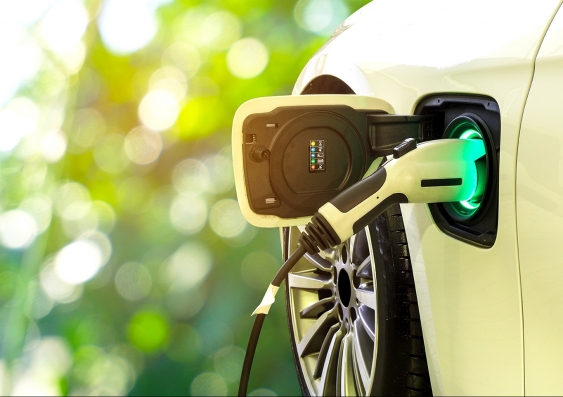UNSW Electric Vehicle Survey

Image: Shutterstock
The University of New South Wales (UNSW), one of Australia's leading research and teaching universities, is undertaking a survey, on Electric Vehicles, lead by Gail Broadbent and Professor Graciela Metternicht. In particular they want to use New Zealand as a case study to find out what has driven our EV sales and build on their previous research.
The survey target is 600 respondents, and Gail Broadbent has asked the Better NZ Trust to help them find participants.
New Zealand currently has a national light passenger fleet of some 20,000 EVs. This compares to Australia who are lagging behind at approx 16,000 electric vehicles.
In 2019, 6971 light electric vehicles were brought into New Zealand and registered for the first time. That may seem close to Australia’s tally (6,718 in 2019), but in a population of less than 5 million compared to Australia’s population of over 25 million.
Last year, Australian Federal Labor leader Bill Shorten revealed his party’s plan to have half of the country's new cars sold in 2030 be electric vehicles. With a national fleet of 14.3 million vehicles, they (on a normal year) would expect in excess of 1.15 million new car registrations. Shorten's plans for 50% of this number is therefore significant in terms of climate change and achievability.
Gail says that in international literature no-one has published recent work on New Zealand. She is trying to assess the thoughts of NZ motorists following the launch of NZ Governmental programmes designed to encourage EV uptake (see initiatives introduced by Simon Bridges and continued under the current Government.) "NZ offers the opportunity to gauge impacts after the introduction of multiple programmes initiated at the one time, rather than gradually as has occurred elsewhere," she says.
The initiatives Gail is talking about specifically are:
- exemption from the Road User Charge, worth about $600 per year;
- government procurement programs;
- installing a public recharging network;
- investment in a five-year promotional campaign including TV ads, online information and “ride and drive” events.
- establishing a leadership group across business and government
- funding a scheme to encourage organisations to go electric.
"In NZ they have just about thought of everything, even ensuring there is a facility to recycle old batteries," says Gail.
"But possibly the most important factor has been that the government has enabled imports of high-quality second-hand electric cars from Japan. This measure enables motorists with lower budgets to buy electric vehicles. Our unpublished research shows electric vehicles have been especially popular with multicar families who use their EVs as much as possible as it’s so much cheaper than using petrol or diesel. When those happy customers tell their friends and family about how much better it is to drive electric, it’s an important feedback loop that helps people overcome their fear of change."
Gail believes it is time Australia took a “LEAF” out of the Kiwi book to get on board with some sensible policies and legislation to speed up the transition to electric cars.
To access the survey, please use the link UNSW EV Survey
Gail Broadbent, PhD candidate Faculty of Science UNSW, UNSW and Graciela Metternicht, Professor of Environmental Geography, School of Biological Earth and Environmental Sciences, UNSW